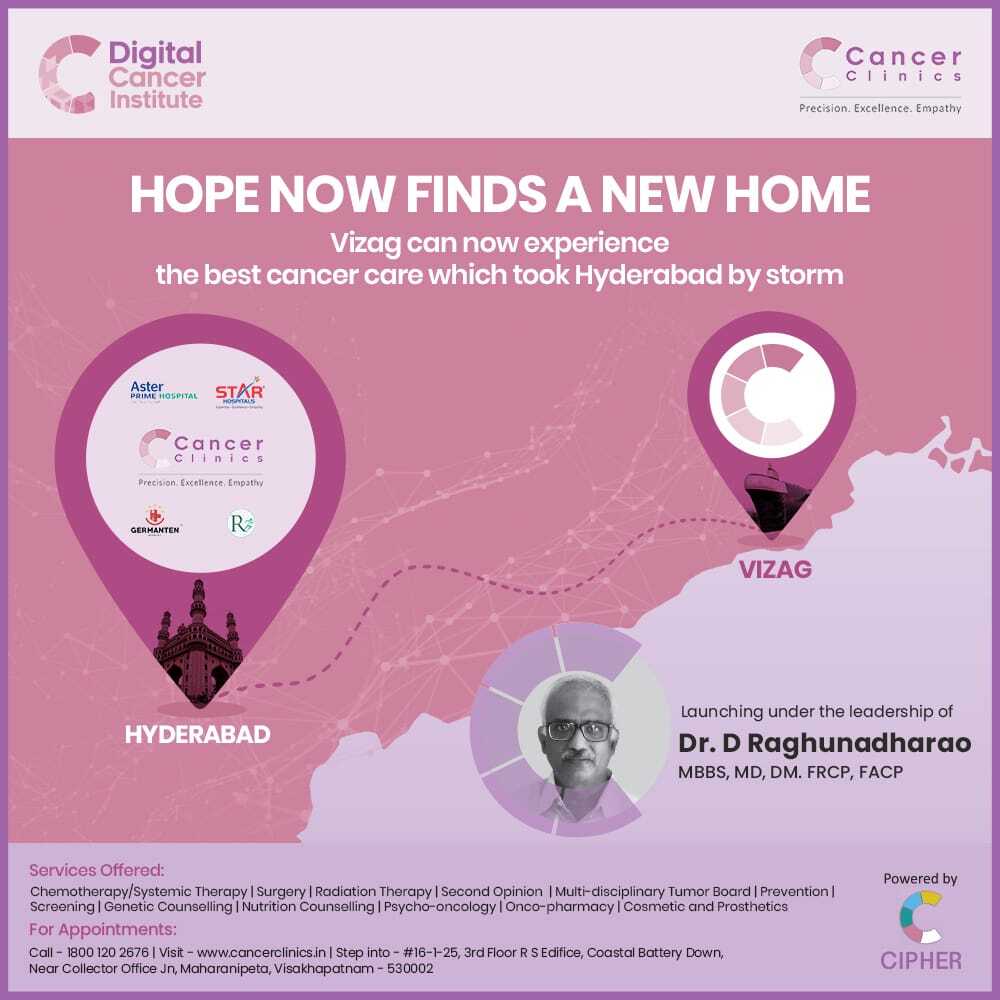The world is undergoing a significant demographic and epidemic transition with both communicable and non-communicable diseases becoming the leading killers of humankind. In terms of this transition, cancer has emerged as a major public health concern. With a rapid rise in the incidence of this deadly disease, India faces a steep surge in cancer. The age-standardised prevalence of cancer stats is estimated to be around 97 per 100000 persons with greater affluence in the urban areas.
The number of cancer deaths in India has increased by a whopping 112% with the disease incidence of 48.7% between the year 1990 to 2016. While in 2018, cancer claimed over 8 lakh lives in India as reported by ICMR. When taken together, breast, cervical, oral, and lung cancers together constitute around 41% of the cancer burden.
Rising Need For India To Focus More On Cancer Care
Following are some of the points which highlight that there is a need for India to focus more on cancer care:
- 40% of the comprehensive cancer care centres are located in 8 metros: Delhi, Mumbai, Kolkata, Chennai, Hyderabad, Bengaluru, Ahmedabad, and Jaipur.
- Only 5 out of 640 districts have Linac (Radiation Therapy) machines.
- India is estimated to have 0.2 comprehensive centres per million as compared to 4.4 million in the US.
- This structure makes access difficult and leads to a paradoxical situation that few existing facilities are underutilised.
- For every 1600 new patients, only one oncologist is available in India whereas in the US, it is 100 and the UK is 400.
- New additions are few in terms of colleges and seats for oncologists in India.
- Mirroring the concentration of the infrastructure, most oncologists are based in big cities and affluent areas.
Given the need for multi-disciplinary teaming, oncologists prefer to be the part of established oncology programs and therefore are based only in a few tertiary centres within big cities. However, this concentration raises access barriers for patients and is a driver for poor outcomes. Patients access must be ensured by complementing tertiary comprehensive centres with community cancer treatment centres.
Hence, making affordable cancer care accessible is the need of the hour in India, and concrete steps must be taken to fulfil them.
